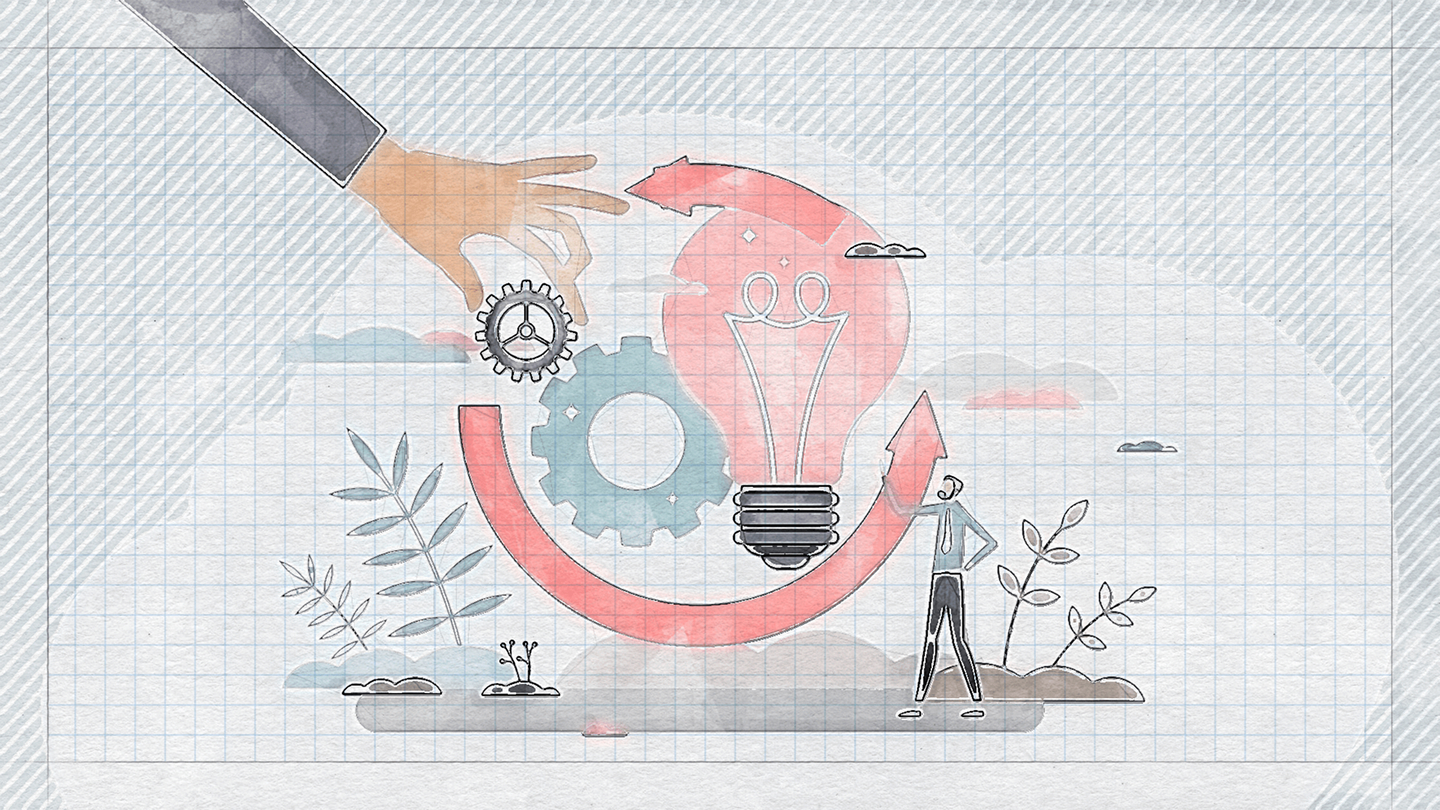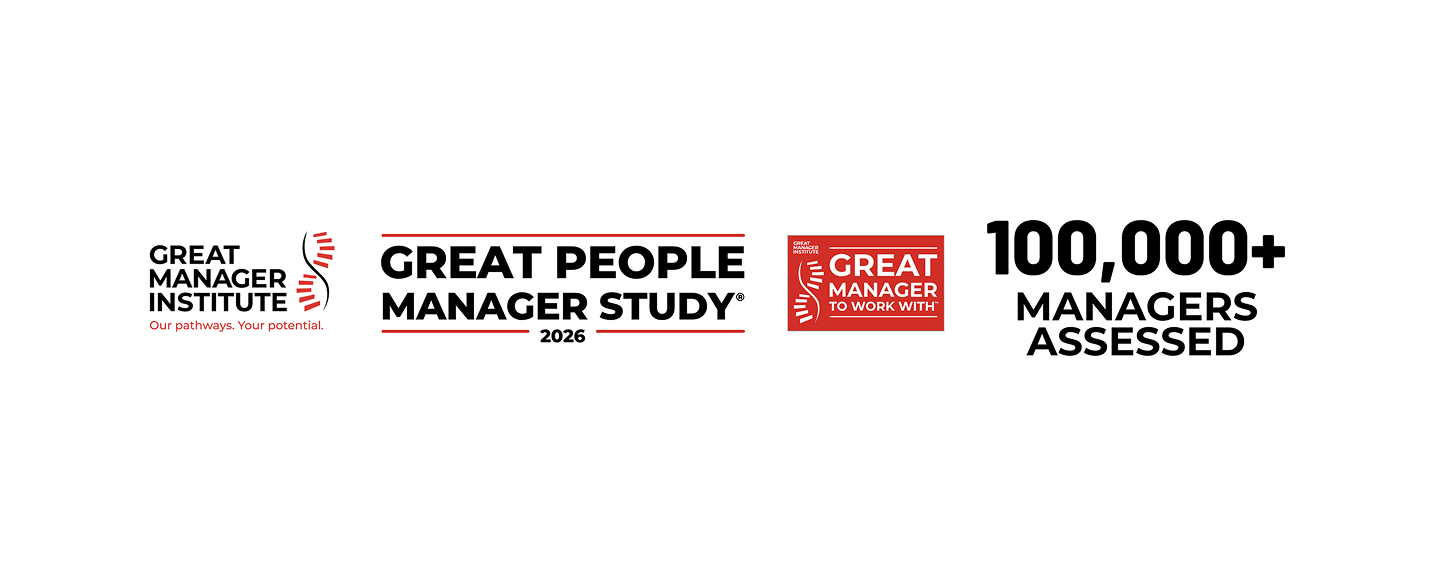Employee experience has an immense impact on a company’s performance and growth. An enjoyable employee experience increases employee engagement, productivity, and overall satisfaction. Employees are more inclined to go above and beyond their obligations when they feel respected, supported, and empowered in their jobs, contributing to enhanced company performance. Companies that prioritise employee experience have the required leverage to recruit and retain top people which leads to lower turnover rates, and a healthier business culture that fosters innovation and success. Investing in employee experience benefits the company’s overall productivity and long-term profitability.
Streamlining Communication And Collaboration
Having a centralised platform for all of HR’s functions enables them to do their job faster and better so they can focus more on employee delight rather than grunt work.The end goal for this is for employees to be able to easily communicate with HR departments, ask questions, and seek assistance, thereby eliminating bureaucratic hurdles. Furthermore, collaboration tools allow teams to work together in real time, share files, and work on projects regardless of their physical location. Organisations have the ability to build a more inclusive and connected work environment by employing HR tech solutions for communication and collaboration, breaking down silos and encouraging a feeling of teamwork among employees.
Rewards and Recognition
A strong rewards and recognition program is the core of organisational employee engagement. R and R has evolved into a metric of excellency for workplaces to satisfy evolving employee requirements. HR technology may assist organisations in establishing and managing R&R programs to improve employee morale, motivation, and engagement. These tools enable the automation of reward programs, which provides managers with real-time visibility into employee performance and contributions. This also allows for the customization of incentives and recognition programs to correspond with the particular requirements and preferences of workers, hence increasing engagement and satisfaction. The analytics capabilities built into HR tech platforms allow firms to gain insights into the performance of their rewards and recognition campaigns. This enables data-driven decision-making and continual development. Organisations can build a culture of appreciation, raise employee morale, and ultimately push performance and retention levels to new heights by using HR technology
Flexible Benefits
Benefits are often a deciding factor for employees when they are comparing jobs, according to this Harvard Business Review Study. Making your company’s benefits as appealing and as customisable is in your favour if your goal is to retain and nurture top talent. According to the same study 83% of employees would rather have additional benefits than a pay raise. All of this points to the importance of flexible benefits. Technology enables businesses to establish a well-thought-out flexible benefits package that gives employees a choice of perks. An HR technology platform can also assist businesses in tailoring flexible benefit plans to specific employees, resulting in a more personalised experience that encourages loyalty and performance.
Simplifying Onboarding and Enhancing Training Processes
Effective onboarding and training are critical for ensuring that new employees are able to comfortably adapt to their responsibilities and contribute effectively to the business. HR technology can help you streamline these procedures by providing new solutions that simplify and improve the onboarding and training experience. Digital platforms serve as a consolidated repository for onboarding materials such as digital forms, policy paperwork, and training resources which removes the need for time-consuming paperwork and manual processes. HR technology solutions also allow for the development of interactive and engaging training modules that incorporate multimedia components, simulations, and evaluations to encourage a dynamic learning experience. As a result, the workforce is more engaged, confident, and productive, positioning itself for long-term success.
Leadership Assessment and Development
Organizations should use HR technology solutions to implement complete assessment frameworks that analyze leadership potential, competencies, and behavioral attributes. We can use a variety of tools and evaluation approaches, like psychometric testing, 360-degree feedback, and simulations, to create a comprehensive picture of a person’s leadership competencies. The information helps firms to identify high-potential employees and make tailored development plans to help them improve their leadership abilities. HR digital platforms also include a variety of learning tools, like online courses, coaching modules, and virtual leadership programs, that can be adapted to the unique requirements of prospective leaders.
Leveraging Data Analytics for Decision-Making
Data analytics has become an indispensable tool for making informed decisions, and HR technology is no different. It has the ability to improve employee experience by collecting, analysing, and visualising vast amounts of employee data, ranging from performance metrics and engagement surveys to feedback and sentiment analysis. As an example of how this is helpful, analytics can reveal patterns in employee turnover, which helps organisations identify underlying causes and develop retention strategies based on that data. Similarly, sentiment analysis of employee feedback can tell management about areas where improvements are needed, allowing HR departments to address pain points and improve the overall employee experience.
HR technology offers significant benefits for improving employee experience. Streamlining communication and collaboration, implementing rewards and recognition programs, providing flexible benefits, simplifying onboarding and training, assessing and developing leadership potential, and leveraging data analytics all contribute to enhancing employee satisfaction, engagement, and productivity. By investing in HR tech, organizations can create a more connected and efficient work environment, attract and retain top talent, and make data-driven decisions that improve overall employee experience, leading to long-term success for the company.






